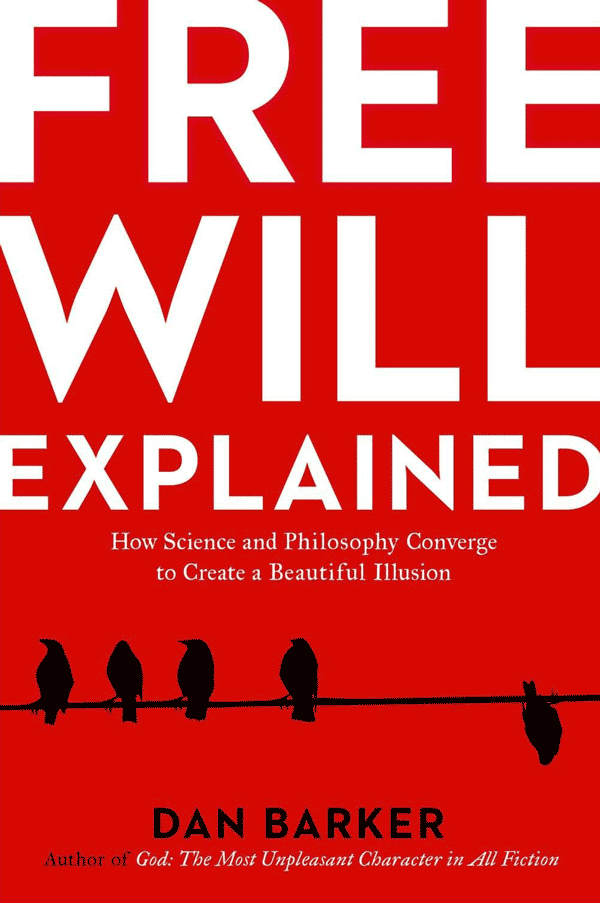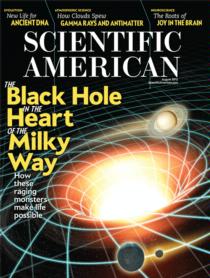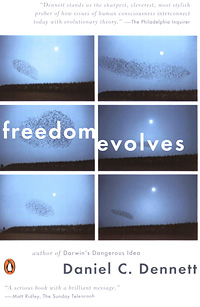Foreword to Free Will Explained: How Science and Philosophy Converged to Produce a Beautiful Illusion, by Dan Barker (Sterling. 2018. ISBN 9781454927358).

In 1985, the physiologist Benjamin Libet conducted a series of experiments that involved taking EEG readings of subjects’ brains engaged in a task that required them to press a button at random intervals whenever they felt like it during the session. Results: several seconds before the “decision” was consciously made by the subject, the brain’s motor cortex was activated.1 The neuroscientist John-Dylan Haynes employed fMRI brain scans in a 2011 study in which subjects inside the scanner were instructed to press one of two buttons whenever they wanted while observing a series of random letters. The subjects were told to verbally report which letter was on the screen when they “decided” to press the button. Results: the time between brain activation and conscious awareness of a “choice” was several seconds, and in some cases a full seven seconds.2
In these studies, and others, scientists measuring subjects’ brains know which decision they would make before the subjects themselves know it! That is spooky, and if these results don’t bother you then you’re not thinking hard enough about them. What they imply is that we are not free to choose in the way we think we are. We feel free, but that’s just what our conscious self believes because it doesn’t know about the inputs feeding into it from below that have already made the choice. As the neuroscientist Sam Harris articulated it in his widely-read book Free Will, “Our wills are simply not of our own making. Thoughts and intentions emerge from background causes of which we are unaware and over which we exert no conscious control. We do not have the freedom we think we have.”3 (continue reading…)
Comments Off on Finding Freedom in a Determined Universe
Volition as self-control exerts veto power over impulses
AT A RESTAURANT RECENTLY I faced many temptations: a heavy stout beer, a buttery escargot appetizer, a marbled steak, cheesecake. The neural networks in my brain that have evolved to produce the emotion of hunger for sweet and fatty foods, which in our ancestral environment were both rare and sustaining, were firing away to get me to make those selections. In competition were signals from other neural networks that have evolved to make me care about my future health, in particular how I view my body image for status among males and appeal to females and how sluggish I feel after a rich meal and the amount of exercise I will need to counter it. In the end, I ordered a light beer, salmon and a salad with vinaigrette dressing and split a mildly rich chocolate cake with my companion.
Was I free to make these choices? According to neuroscientist Sam Harris in his luminous new book Free Will (Free Press, 2012), I was not. “Free will is an illusion,” Harris writes. “Our wills are simply not of our own making.” Every step in the causal chain above is fully determined by forces and conditions not of my choosing, from my evolved taste preferences to my learned social status concerns—causal pathways laid down by my ancestors and parents, culture and society, peer groups and friends, mentors and teachers, and historical contingencies going all the way back to my birth and before. (continue reading…)
read or write comments (32)
The willing suspension of disbelief takes over Shermer’s brain
I confess — when it comes to writing a film review I’m not much of a skeptic. I wrote my first review about the remake of The Day the Earth Stood Still for Scientific American, a film I really enjoyed … until all my science fiction friends and scientist colleagues told me that they thought the filmed sucked! Wow, how did I miss that? The answer: the willing suspension of disbelief.
When it comes to films and television movies, I suspend my skepticism in order to enjoy the experience. When I watch movies with my daughter she’s constantly pointing out scenery inconsistencies, plot anomalies, and the like, and I’m always telling her that I don’t want to know because it takes me out of the scene and plops me back into my living room, which tends to be a far less interesting place than being on the bridge of the Titanic, inside the pod trying to get HAL to open the pod bay doors, or face to face with Gort the robot, trying desperately to remember what it was I am suppose to tell him so that he doesn’t zap me with his lazar helmet. For the record, it’s “Gort, Klaatu Barada Nikto,” which I translated as “Gort, Klaatu says don’t destroy Earth just yet … and come get me and bring me back to life, because these idiot humans shot me again.” (continue reading…)
Comments Off on Knowing & Not Knowing
A review of Daniel C. Dennett’s Freedom Evolves.
Next to the question of God’s existence there is arguably no greater conundrum in Western thought than the problem of free will and determinism, and the two are inextricably interdigitated. God’s omniscience and (continue reading…)
read or write comments (8)




